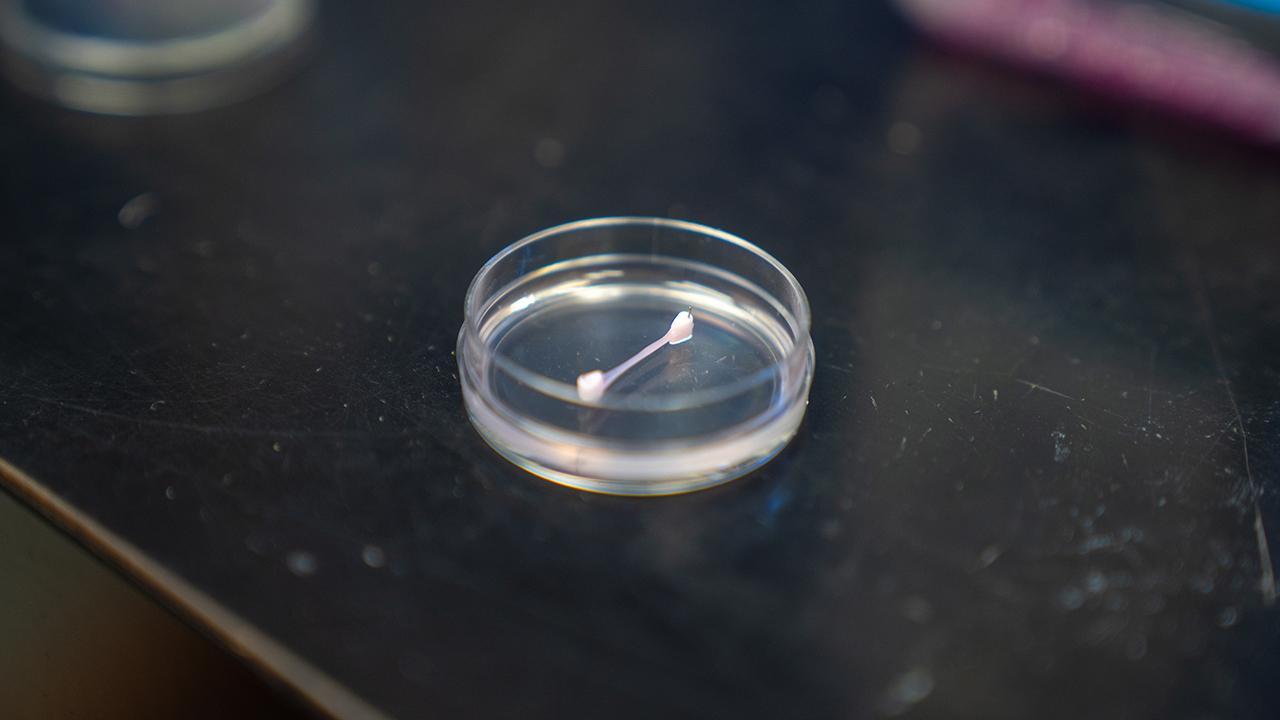
How Our Muscles, Tendons and Ligaments Respond to Exercise and Recover from Injury
Professor Keith Baar on using physiology to help people move better, for longer
Each year, more money is spent in the U.S. on musculoskeletal pain than on heart disease and diabetes combined. Exercise physiologist Keith Baar, a professor of Neurobiology, Physiology and Behavior and Physiology and Membrane Biology, is working to change that.
“My lab is concerned with helping people move well throughout their lives,” said Baar. “We're using an understanding of basic science principles to change a lot of how physical therapy is done. If we can help people move better, we can decrease diseases like diabetes and heart disease. In fact, if you rupture your ACL, you're 50% more likely to have a heart attack than somebody who hasn't.”
